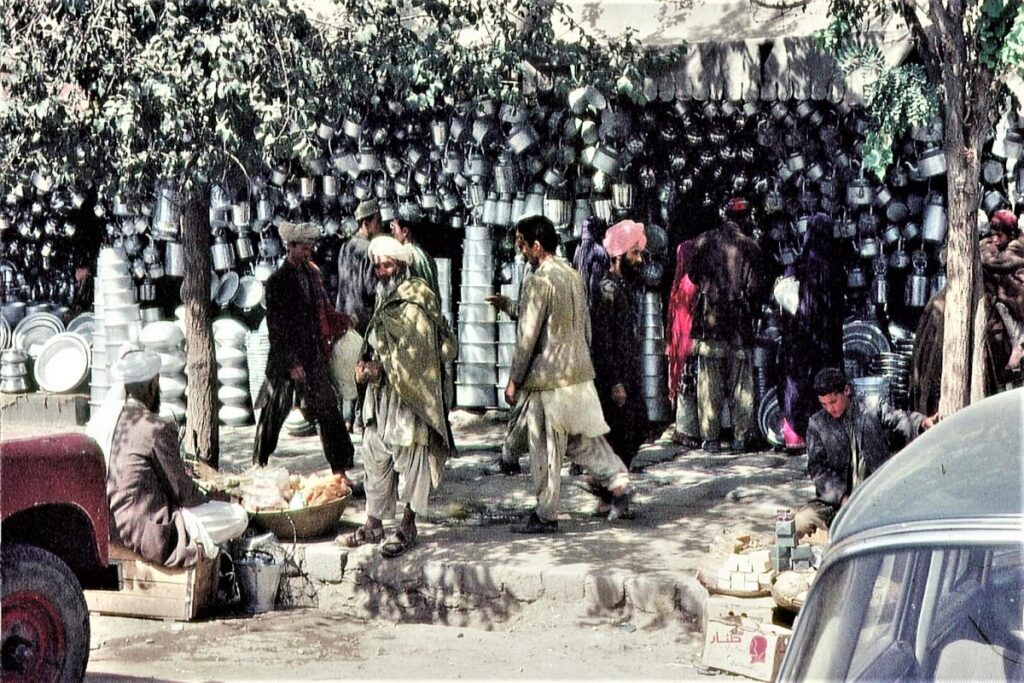
Introduction
The situation in Afghanistan remains a critical global concern as the country grapples with ongoing political instability, humanitarian crises, and security challenges since the Taliban regained power in August 2021. Understanding these developments is essential not only for regional stakeholders but also for international communities concerned with human rights and global security.
Recent Developments
Since the Taliban’s takeover, there has been a significant shift in Afghanistan’s political landscape. The Taliban has established a interim government, which has faced widespread criticism for its lack of inclusivity and ongoing human rights violations, particularly against women and girls. Many women have been barred from attending school and occupying public roles, drawing condemnation from international entities.
In addition to political upheaval, Afghanistan is facing a dire humanitarian crisis. According to the United Nations, nearly 24 million Afghans, approximately 60% of the population, are in urgent need of humanitarian assistance. This crisis has been exacerbated by economic downturns, reduced international aid, and natural disasters such as earthquakes and floods that have struck various regions.
International Response
The international community’s response to these events has been varied. While some countries have sought to engage diplomatically with the Taliban, emphasizing the need for a stable Afghanistan, others have maintained sanctions and stressed the importance of human rights. Humanitarian organizations like the Red Cross and United Nations are actively working on the ground to provide aid, though logistical challenges remain due to security concerns and bureaucratic obstacles.
Moreover, the situation poses significant geopolitical implications as neighboring countries, including Pakistan, Iran, and Tajikistan, closely monitor developments and their potential impact on regional stability. Tensions have risen, resulting in conservative border policies and fears of cross-border insurgency.
Conclusion
In summary, Afghanistan’s situation represents a complex interplay of political, humanitarian, and security issues that demand careful attention from all stakeholders. As Afghanistan continues to navigate this tumultuous period, the future remains uncertain. International cooperation and activism will be crucial in addressing the urgent needs of the Afghan populace while also promoting a stable and inclusive governance structure. Observers hope for a future where the country can rebuild and heal from decades of conflict.



